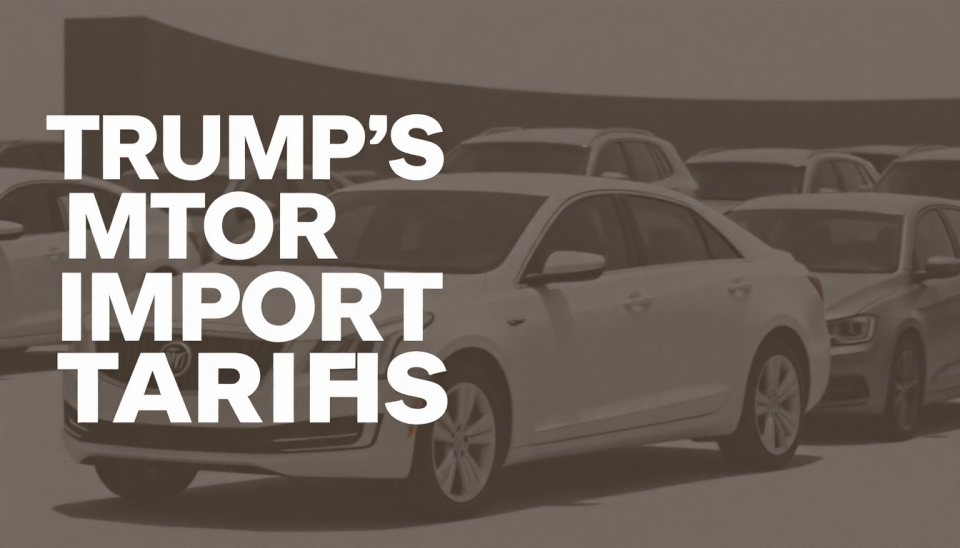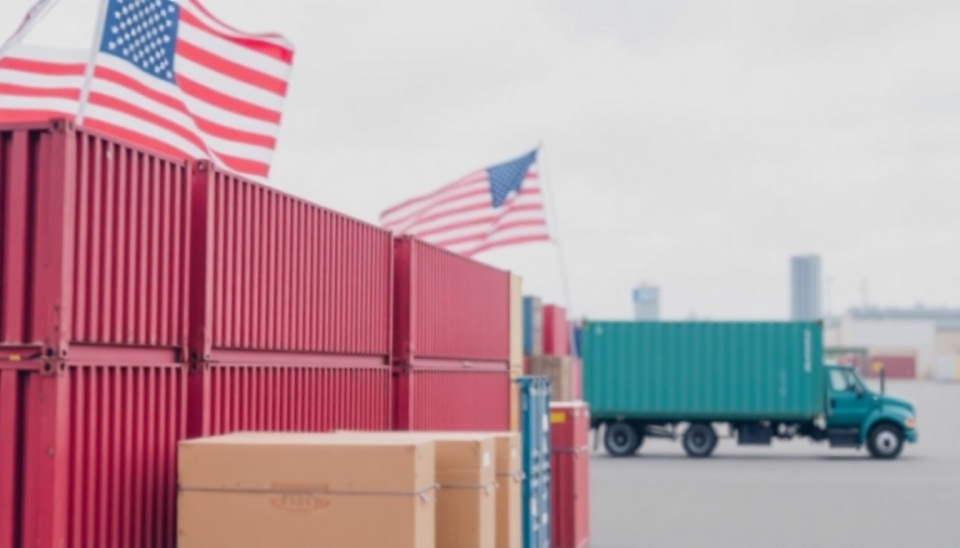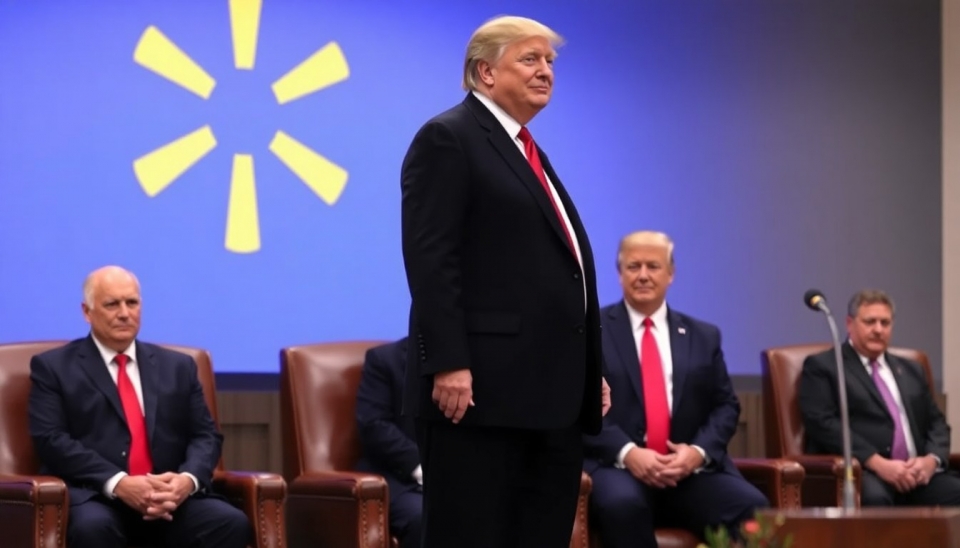Trump's Auto Import Tariffs: Who Will Be Most Impacted?

Recently announced tariffs by the Trump administration imposing a 25% duty on auto imports have stirred considerable debate among manufacturers and consumers alike. These measures aim to protect the American automotive industry, but their consequences may be far-reaching. The primary victims of these tariffs will be manufacturers who rely on imported components and finished vehicles, potentially impacting their profitability and competitiveness.
According to data, companies that produce heavily processed products, such as luxury cars and other high-tech goods, will be the most affected. For instance, businesses operating in the electronics and sports car segments may also be at risk. By implementing these tariffs, the administration hopes to boost domestic production and create new jobs. However, it is anticipated that in the long run, this might lead to increased prices for consumers and a decrease in market choices.
Critics of this policy argue that such measures may provoke retaliatory actions from other countries, further escalating a trade war. Brands already operating in the U.S. might face new challenges in planning their supply chains and production processes. Consequently, experts advise consumers to monitor changes in car prices and consider purchasing before the tariffs take effect to avoid additional costs.
In conclusion, while Trump's tariffs on auto imports are intended to support domestic production, they may result in increased prices and reduced options for consumers, as well as create instability for manufacturers. This policy is expected to have long-lasting implications for both the U.S. economy and international trade.
#Tariffs #Trump #Cars #Import #Economy #Manufacturers #Consumers #AutoIndustry




